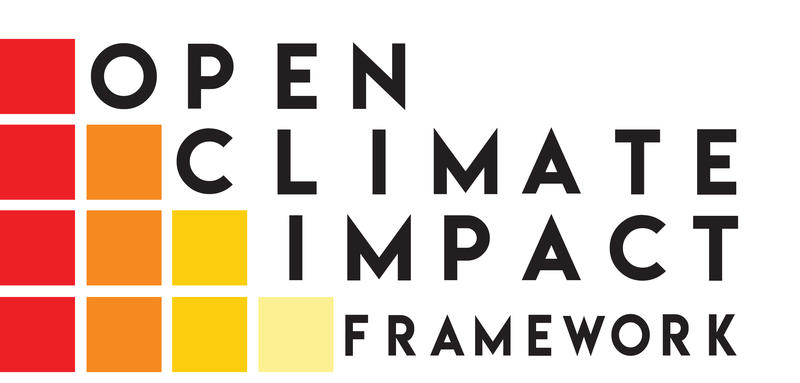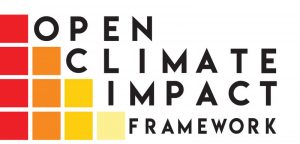OpenClim


Climate Ready Clyde is participating as a case study in OpenCLIM (Open Climate Impacts Modelling Framework). OpenCLIM is a project led by the Tyndall Centre on Climate Change, designed to support UK assessment of climate risks and adaptation, by developing and applying an integrated impact assessment model. It is a £2m project funded by the UK Climate Resilience Programme, and runs from May 2020 to September 2022.
Climate change manifests in multiple ways and impacts every human and natural system, making consistent risk assessments challenging. There are direct and indirect impacts as these effects cascade and interact with other sectors and other non-climate processes. Adaptation assessments also need to consider both direct and indirect effects and unintended consequences. This has proved challenging in earlier assessments.
The OpenCLIM project is developing and applying a first UK integrated assessment for climate impacts and adaptation. The innovative and flexible model developed by the project will consider UK-wide climate impacts and adaptation in biodiversity, agriculture, infrastructure and urban areas, considering the impacts of flooding, heat stress and changing temperature and precipitation.
Alongside Glasgow City Region, the project is also running a case study in the Norfolk Broads, demonstrating application of the model to inform the national analysis.
OpenCLIM is also designing an open-access platform to allow further development of the integrated model beyond the two-year funding period. The objective will be to develop a community model where new and improved versions could be easily incorporated and innovative science and new policy questions investigated. As such, future risk and adaptation assessments, including the Climate Change Risk Assessments and the National Adaptation Programme, could be linked to a living science process, drawing on evolving understanding and stakeholder needs. This would include improving knowledge in established sectors and areas, and developing better sectoral linkages and interactions, as well as adding new models of less established sectors and areas as they emerge, including the ability to reframe and pose new questions.
Alongide the Tyndall Centre (Universities of East Anglia and Newcastle), the project is also involving the Environment Agency, Arup, RMS, MottMacDonald, Anglian Centre for Water Studies, Broads Authority, Universiteit Utrecht, DAFNI, Sayers and Partners